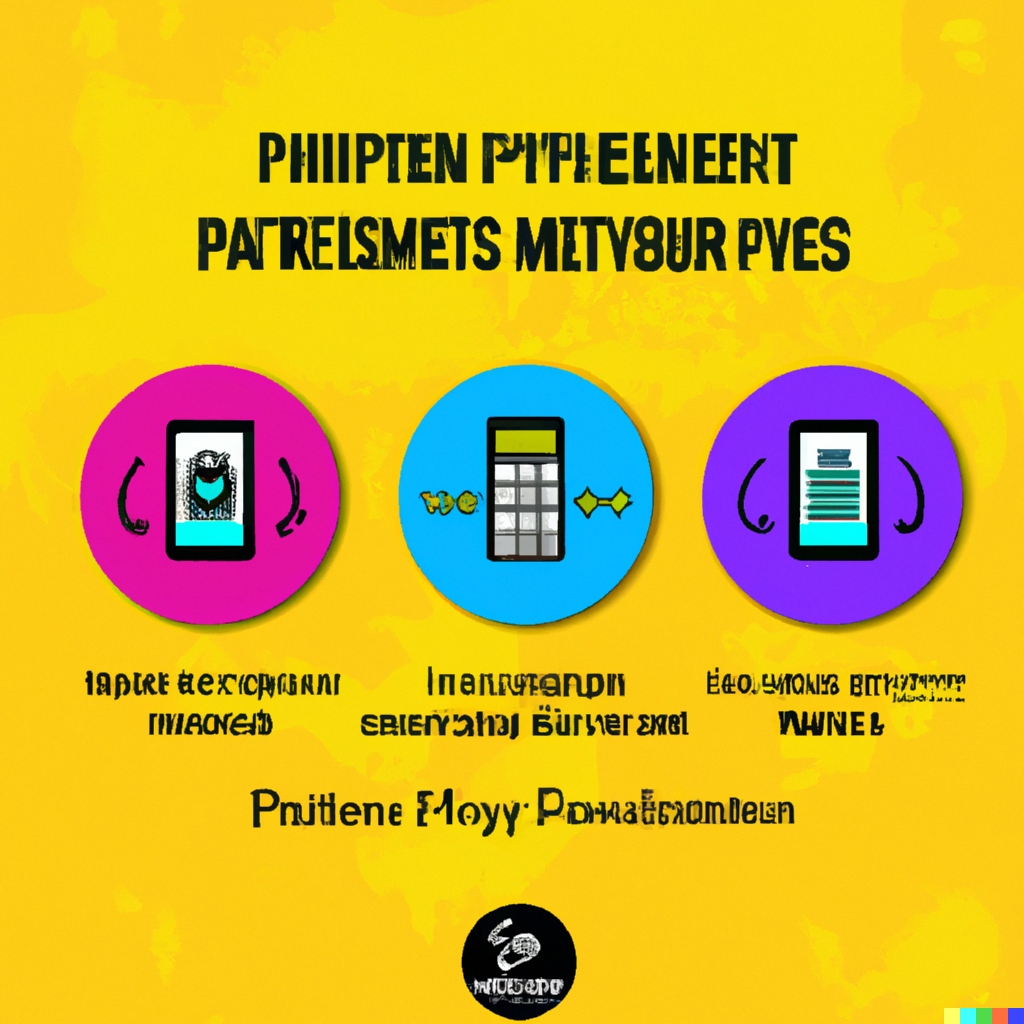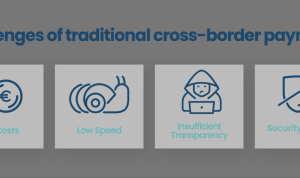The Evolution of Online Payment Methods is a fascinating journey that reflects the rapid changes in technology and consumer behavior. From the early days of simple credit card transactions to the complex ecosystems we see today, the landscape of online payments has transformed dramatically. As online shopping and digital services have surged, understanding these changes helps us appreciate the convenience and security that modern payment methods bring to our lives.
This article will explore the various phases of online payment evolution, highlighting key innovations, the rise of mobile payments, and the increasing importance of security measures in safeguarding our financial data. By examining these aspects, we can grasp how online payment methods have not only revolutionized commerce but also shaped our daily interactions with money.
In today’s fast-paced world, the importance of effective communication cannot be overstated. Whether it’s in our personal lives, at work, or in our communities, the ability to convey ideas clearly and effectively is a skill that can open doors and create opportunities. This article explores various aspects of communication, its significance, and strategies to enhance our communication skills for better interpersonal relationships.
Understanding CommunicationAt its core, communication is the process of exchanging information, thoughts, and feelings between individuals through verbal or non-verbal means. This exchange can happen in various forms, including spoken words, written texts, body language, and even silence. The primary goal of communication is to convey a message that is understood by the recipient, making clarity and comprehension crucial elements. The Significance of Communication
1. Building Relationships
Effective communication is the foundation of strong relationships. Whether it’s with family, friends, or colleagues, being able to express oneself and listen to others fosters trust and understanding. Miscommunication can lead to misunderstandings and conflicts, whereas clear communication nurtures connections.
2. Professional Growth
In the workplace, communication skills are often regarded as essential competencies. Being able to articulate ideas, provide feedback, and collaborate with others enhances teamwork and productivity. Furthermore, strong communicators are often seen as leaders and can influence their peers and superiors more effectively.
3. Conflict Resolution
Conflicts are an inevitable part of life, but how we handle them can make a significant difference. Effective communicators are adept at navigating disagreements by expressing their viewpoints respectfully and listening to others. This approach not only resolves conflicts but can also lead to innovative solutions and stronger relationships.
4. Cultural Understanding
In our increasingly globalized world, engaging with diverse cultures is more common than ever. Effective communication transcends language barriers and cultural differences. By being open and respectful, we can learn from others’ perspectives and foster inclusivity. Strategies for Enhancing Communication Skills
1. Active Listening
One of the most critical aspects of communication is listening. Active listening involves fully concentrating on what the speaker is saying, understanding their message, and responding thoughtfully. Practicing active listening can lead to more meaningful conversations and fewer misunderstandings.
2. Clarity and Conciseness
When communicating, it’s vital to be clear and concise. Avoid jargon and overly complex language that might confuse the listener. Instead, aim to convey your message in a straightforward manner. This clarity not only helps in individual conversations but also in group settings, where multiple voices can complicate the message.
3. Non-verbal Communication
Our body language, facial expressions, and tone of voice play a significant role in communication. Being mindful of these non-verbal cues can enhance the effectiveness of our interactions. For example, maintaining eye contact shows attentiveness, while an open posture can convey receptiveness.
4. Empathy
Understanding and acknowledging the feelings and perspectives of others is vital in communication. Empathy allows us to connect on a deeper level and demonstrates that we value the other person’s thoughts and emotions. This can lead to more collaborative and productive interactions.
5. Feedback
Providing and receiving feedback is an essential part of effective communication. Constructive feedback helps individuals grow and improve, while being receptive to feedback can enhance our own skills. When giving feedback, focus on specific behaviors rather than making it personal, and when receiving feedback, approach it with an open mind.
6. Practice Empathetic Communication
Regularly engaging in conversations with the intent to understand rather than respond can dramatically enhance your communication skills. This involves asking open-ended questions and reflecting on what others say before formulating your response. Overcoming Communication BarriersDespite our best efforts, we may encounter barriers to effective communication. These can include:
1. Language Differences
In a multicultural environment, language barriers can present challenges. To overcome this, be patient and use simple language. Consider using visual aids or translating essential information when necessary.
2. Emotional Barriers
Emotions can cloud judgment and lead to miscommunication. Being aware of your emotions and those of others can help you navigate sensitive conversations more effectively.
3. Cultural Differences

Different cultures have distinct communication styles and norms. Being respectful and open to learning about these differences can enhance your interactions.
4. Physical Barriers
In today’s digital age, communication often takes place through screens. Ensure that you are using reliable technology and that your environment is conducive to clear communication. ConclusionThe ability to communicate effectively is a vital skill that impacts every aspect of our lives. By understanding the significance of communication and actively working to enhance our skills, we can build stronger relationships, foster professional growth, and navigate conflicts more effectively.
Remember that communication is not just about speaking, but also about listening and understanding. With practice and patience, anyone can develop and refine their communication skills, leading to a more connected and harmonious life.





